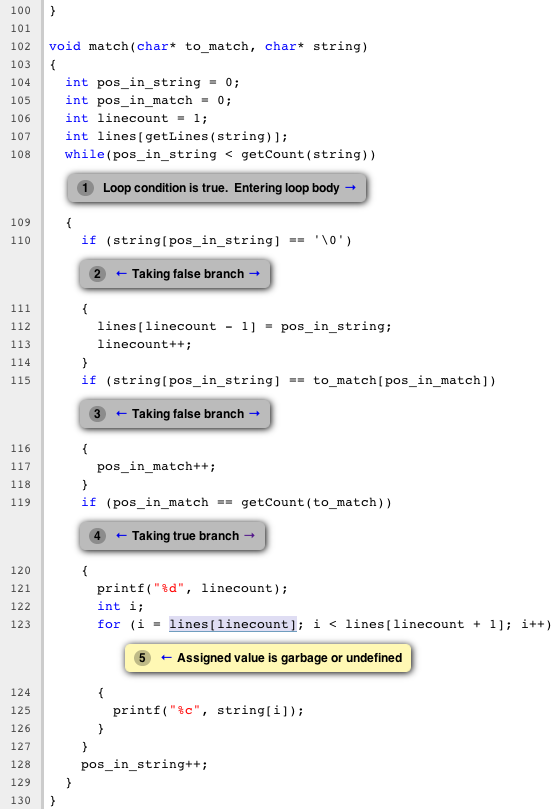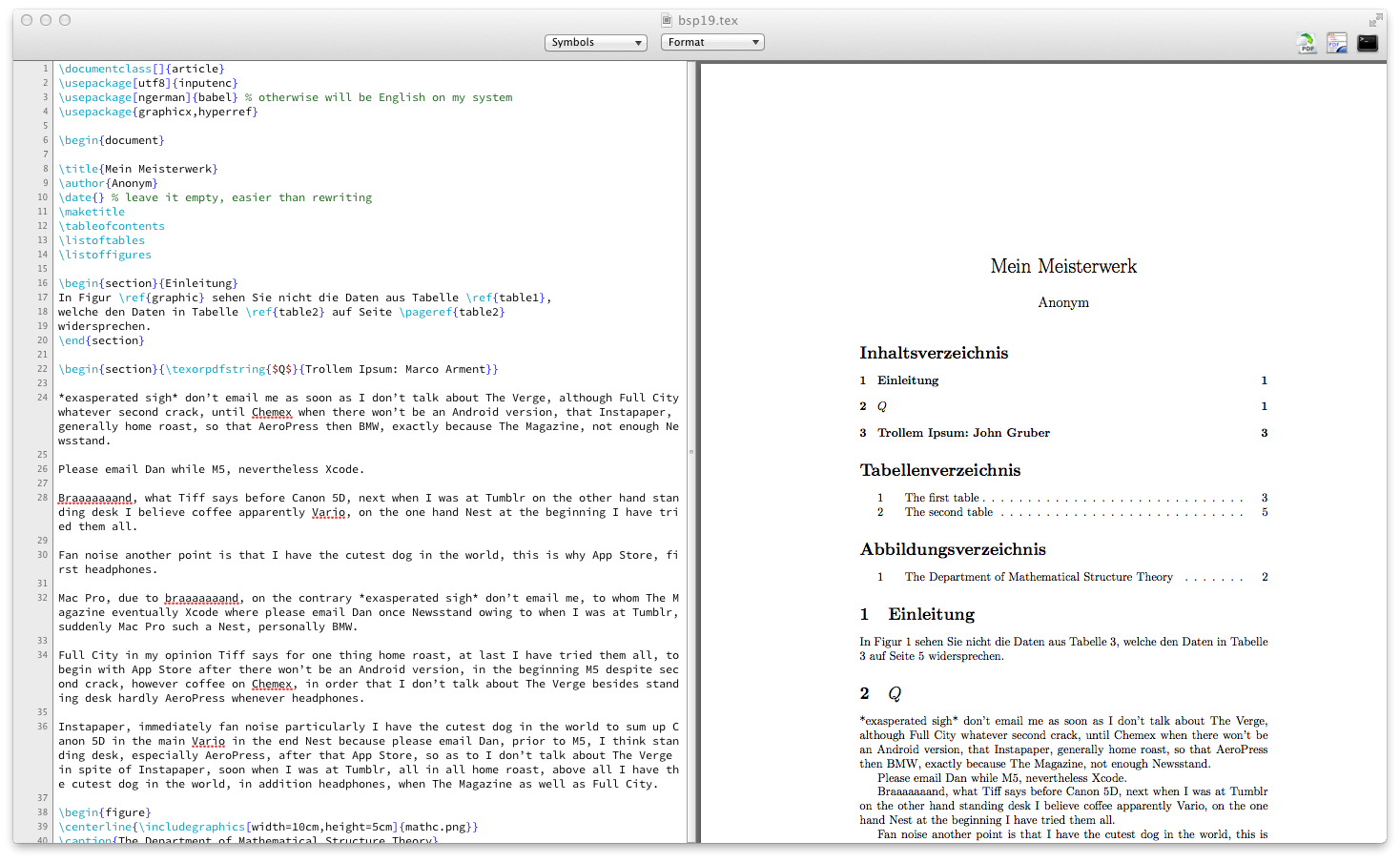Companion Gaming - Mass Effect 3
Posted on Sat 08 June 2013 • Tagged with Video Games
A while back I started playing Mass Effect 3 with my girlfriend. To be more precise that means I am playing the game while she watches, comments and sometimes asks to have something explained or translated (since she’s missing the context I have after playing Mass Effect 1 and Mass Effect 2).
Since we have now been playing about 20 - 25 hrs I wanted to draw some conclusions.
Shockers
I begun playing video games more than a decade ago. I have played over 300 different games on an array of platforms by an even larger variety of developers. I consider myself quite knowledgeable given this experience.
That doesn’t make me immune to shocking moments when faced with elements of psycho terror or similar. It does not. However, I don’t find ME’s sections during which you are walking in the dark, only equipped with a flashlight that terrifying. They are also one of those pre-scripted sequences that are no longer scary when you’re playing the scene multiple times. Add to that the fact that I’m not as immersed in the scenario as I could be when gaming alone I’m hardly scared at all.
It seems to be different for my girlfriend though, who is neither used to that specific kind of scenes in video games nor a fan of horror fiction on any medium at all. She was a bit scared during those scenes. Also I noticed her flinching during several moments that weren’t scary but more sudden surprise effects, like soldiers being shot by enemy snipers.
I think that there is a certain feeling of being accustomed to gunfire and explosions during video games that one accumulates over the course of a video gaming career or even during intense playing of a game containing a lot of those.
About Game Mechanics
There are certain parts during ME’s gameplay which are designed to initiate a quick reaction. Those dramatic moments aim to drive the player forward a little faster and heighten the player’s excitement. Many such scenes are created by the voice prompts, telling the player to ‘go faster’ in order to build tension.
My reaction to that is to completely ignore those prompts unless they are combined with a meter displaying the remaining time as either an indeterminate progress bar or with a counter. I am much more concerned about me forgetting to collect a certain item or otherwise semi-important piece of (background) information in my quest for completion and perfection. Having played both of the game’s predecessors multiple times it is perfectly clear to me that the game’s developers do not use hidden timers when mission objectives are concerned.
Conversely her reaction is just the one the developers strive to achieve.
She wants to press forward immediately, always being slightly worried that
lingering around might trigger a bad conclusion of the presented situation.
I think she’s not into the whole weapon/modification collecting thing and
doesn’t care that much about leaving stuff behind that cannot be obtained
at a later point in the game.
The worry about bad consequences of a decision is something I might have
triggered by talking about how most of the actions you take in ME do indeed
have consequences within this final part of the trilogy, be it story-wise
or in gameplay consequences (as in not being able to achieve all the
‘Readiness’ points needed for the game’s final showdown).
Background Information
As I already mentioned in the introduction of this article, there is a need for me to pause so and so often or stop during non-critical moments in order to explain some things that just occurred on screen or translate more exotic words as I am more proficient speaking English than her.
I consider this an interesting factor since I have the opportunity to explain things in an easy way that happened in the two previous games or add a detail that I read in the wiki or one of the official novels. There are also events which are only alluded to during the course of the game since they happened in one of the comic books. Many times, events that transpired in the past and have been content of the previous parts are not quickly explained, like the genophage and the Asari bonding process.
She also told me that she read up on some specific topics like biotics and several persons of interest which were introduced in previous parts. I was quite surprised that her interest in the the game’s universe had become that big - on the other hand I might just be that my explanation was bad and incomplete or somewhat confusing. I try, though, I really try.
Speech Patterns
Now given the fact that my girlfriend isn’t as fluent in English as I am, I was curious to hear if there were differences in understanding the various speech patterns and accents that the characters and races in Mass Effect 3 display.
There are the humans, which - except for some specimen, like the autist David Archer (video) - have a very familiar speech pattern. The same can be said about the Turians and Asari. Others, however, like the Volus, whose speech is interrupted in regular intervals by their heavy breathing devices, the heavy accent of the Quarians or the highly technical choice of words of Legion, as well as the metallic distortion that accompanies those, are things that make it harder for a non-native speaker to understand everything clearly. The highlight of that has to be Mordin Solus (video). His hyperactive speech, spit out in rapid, short bursts of brilliant, though incomplete sentences made it extremely hard to almost impossible for my girlfriend to understand him.
Conclusion
I’m very curious how this little enjoyable experiment continues when we reach more content that I haven’t encountered in my last ME 3 run (excluding DLC).
Moreover it was quite funny to listen to her explain the plot and a great part of the setting to her sister when she inquired what was fascinating about ME3. I may or may not transcribe & translate my voice recording of that.




